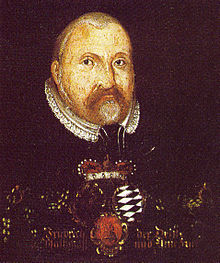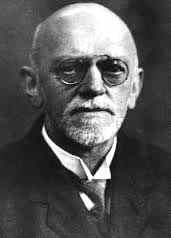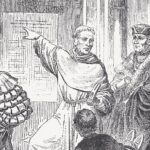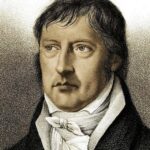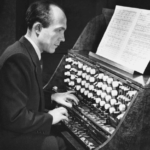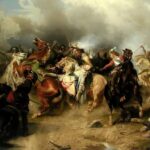February 14, 1515
Birth of Friedrich III (1515-1576) in Simmern, Germany. Friedrich was also called “Friedrich der Fromme”. He was the elector of the Palatine of the Rhine. He became a Protestant in 1546. He assisted the development of Protestantism in Germany, France and Holland.
February 14, 1722

Birth of Georg Christian Füchsel (1722-1773), a German physician and geologist, in Ilmenau, Germany. Füchsel originated the concept of stratigraphic formations in geology.
February 14, 1830
Birth of Richard Adelbert Lipsius in Gera, Germany. Lipsius was a Protestant theologian who identified the authorship of early Christian literature. He also worked with the history of the early papacy.
February 14, 1943
Death of David Hilbert (1862-1943) in Göttingen, Germany. A mathematician, Hilbert completed his doctorate at the University of Königsberg. He later taught at the University of Königsberg and the University of Göttingen. Hilbert proved that all invariants can be expressed in terms of a finite number. He established a definitive set of axioms for Euclidean geometry. His work in integral equations led to the study of functional analysis. He also set the groundwork for “Hilbert space”.
February 14, 1990
The foreign ministers of the four Allied Powers of World War II and the foreign ministers of the two Germanys (the two plus four discussions) agree in Ottawa, Canada on questions of sovereignty for a united Germany.
Back to Today in German History Calendar
